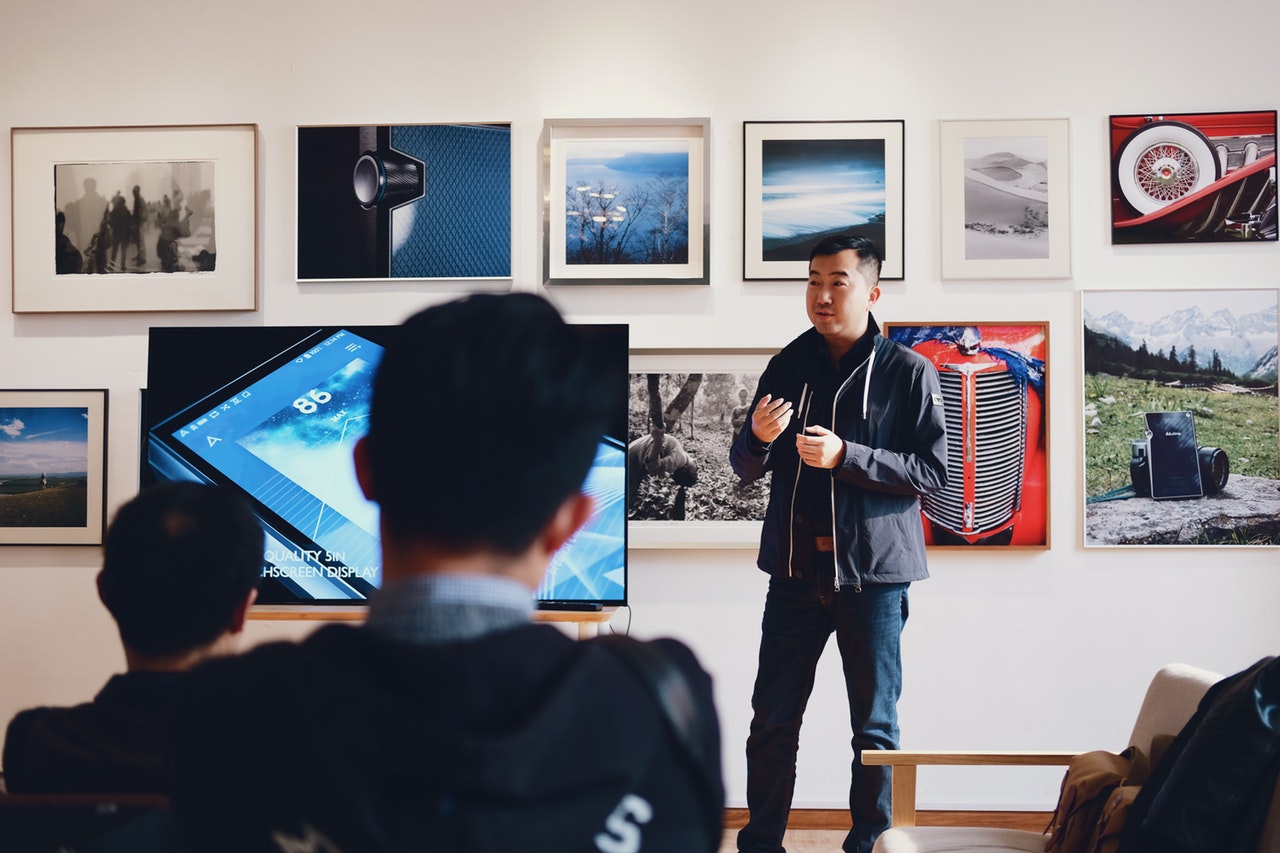The Amazing Race. Big Brother. The Real Housewives. Sometimes it seems like everybody and their uncle has appeared on a reality TV show. The genre has been dominating the small screen for the past three decades — and now streaming services have jumped on the bandwagon. Ever watch the latest episode of Top Chef and think, “I could come up with one of these shows?” You’re not alone. Thousands of people across America hatch a notion for a new reality show each day. The biggest hurdle is figuring out where and how to pitch that idea. TV producer Mike Fleiss says it’s even more complicated than most folks realize.
“It’s tricky because I mean, you [have] got to find somebody who can help you move it along that isn’t going to steal it from you. That’s the trick,” Fleiss explains.
He adds that reality TV shows are rarely proprietary.
“That’s why there’s been so many rip-offs of The Bachelor, because you can’t protect the notion of someone dating multiple people on camera,” Mike Fleiss says. “That’s not protectable [intellectual property]. So you have to find somebody who’s going to help you get to a buyer without stealing it from you.”
While some might seek an agent to help seal the deal, Fleiss says that’s no easy feat either.
“You have to be in a position to sell, basically. It’s hard from the outside. You have to make relationships with people that you can then at least partially trust.”
Mike Fleiss is no stranger to pitching reality show ideas, so he understands the process better than most. But he cautions that if someone with a great conception but no connections “who had never worked in the industry, they would’ve never got it done. If somebody liked the idea, they would’ve stolen it.”
Fleiss says that even if the idea gets stolen, there’s not much that can be done about it. “They would say, ‘Well, you don’t own anything. You didn’t write a script,’” Fleiss says. “A script has so many details that it’s protectable. A reality show usually just has sort of broad strokes to it.”
He adds that when it comes to talent contest-type shows, it’s virtually impossible to get any intellectual property protections in place.
“Oh, a bunch of Survivors, American Idol — you can’t protect a talent contest,” Mike Fleiss shares. “They’ve been having them for hundreds of years; that’s not a protectable piece of intellectual property. So the trick is to find somebody who can shepherd your idea through the maze to ultimately get to a buyer and not have the idea stolen along the route.”
Coming up with the next massive hit reality show is something that’s always come naturally to Fleiss. He got his start when he was working for Stephen Chao on a show called Totally Hidden Video. He says Chao was impressed with Fleiss’ ability to come up with a plethora of concepts and pushed him to create his own shows. Out of that partnership, Before They Were Stars was born. While Fleiss admits it wasn’t his finest work, he says it essentially got his foot in the door and he had a blast remembering clips of stars in commercials before they hit the big time. “It had a fun sort of quality to it,” Mike Fleiss recalls.







